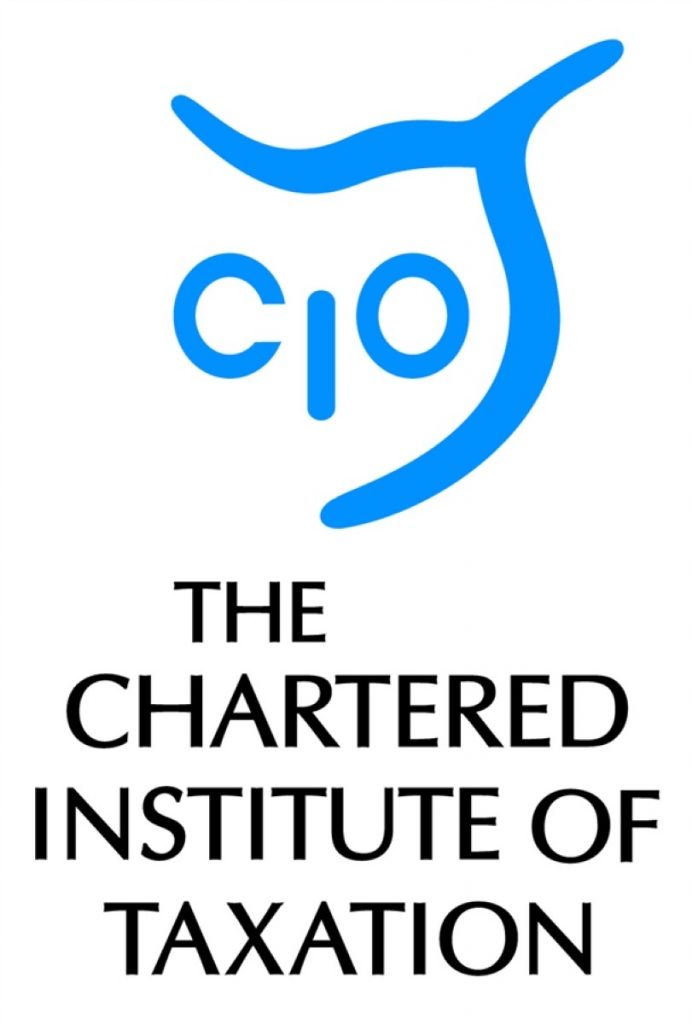New HMRC drive on tax fraud a positive development
HM Revenue and Customs (HMRC) have announced new plans for tackling suspected tax fraud using civil powers. Though some cautionary notes need to be sounded, these have been welcomed by a spokesman for the Chartered Institute of Taxation (CIOT).
Under the proposed Contractual Disclosure Facility (CDF), HMRC will offer some people suspected of tax fraud the opportunity to enter into a contract to disclose that fraud in exchange for a guarantee that they will not face criminal prosecution. This would apply only to cases where HMRC believe that criminal investigation is neither in the public interest nor the most cost effective way to tackle the suspected fraud and where they have decided to use their Civil Investigation of Fraud Procedure.
Gary Ashford, who represents the CIOT on the Compliance Reform Forum, and is Head of Tax Investigations at RSM Tenon, has welcomed the new facility, saying:
“This is a positive development. HMRC’s proposals would potentially provide greater clarity to those who have deliberately got their tax wrong and now want to engage with the taxman to regularise their affairs. It would also tighten the net on those who think they can carry on evading or seek to drag out HMRC enquiries without any intention of paying.”
The CIOT notes that HMRC investigations in this area are serious and heavyweight – not just routine tax enquiries. The investigation will be raised by HMRC’s Special Investigations or the Civil Investigation of Fraud teams.
Gary Ashford continued:
“Since the Gill & Gill court case2 the procedures in this area have lost a lot of their bite and it has arguably become too easy for those who do not wish to co-operate to down tools and let the investigation drift, sometimes to their advantage.
“This new facility will start to be used from 31 January. We are likely to see a flurry of big tax investigations starting then. Those pursued under the CDF can expect to have to pay the tax owed, interest and substantial penalties. HMRC’s ‘offer’ is that in return for full disclosure and no procrastination, the penalties will be civil rather than criminal.
“Anyone who is worried that they have been underpaying tax – whether deliberately or in error – should get professional tax advice without delay. With only 60 days to respond to an initial letter with initial details of the tax fraud, taxpayers will need to move fast to satisfy HMRC that they are co-operating. As it will be difficult to establish so quickly whether fraud has occurred, we think that the CDF should cover those who ‘may’ have committed serious tax fraud as well as those who have admitted fraud.
“With HMRC targeting a five-fold increase in criminal prosecutions for evasion, the consequences of not clearing up tax irregularities could be grave.
“The new procedures also raise the bar for tax advisers. Those seeking to advise clients in this area really will have to be sure they have the necessary skills and experience. There will be risks for client and adviser alike if these procedures are not followed properly – we are, after all, working in an area where criminal offences are being alleged.”





-01.png)